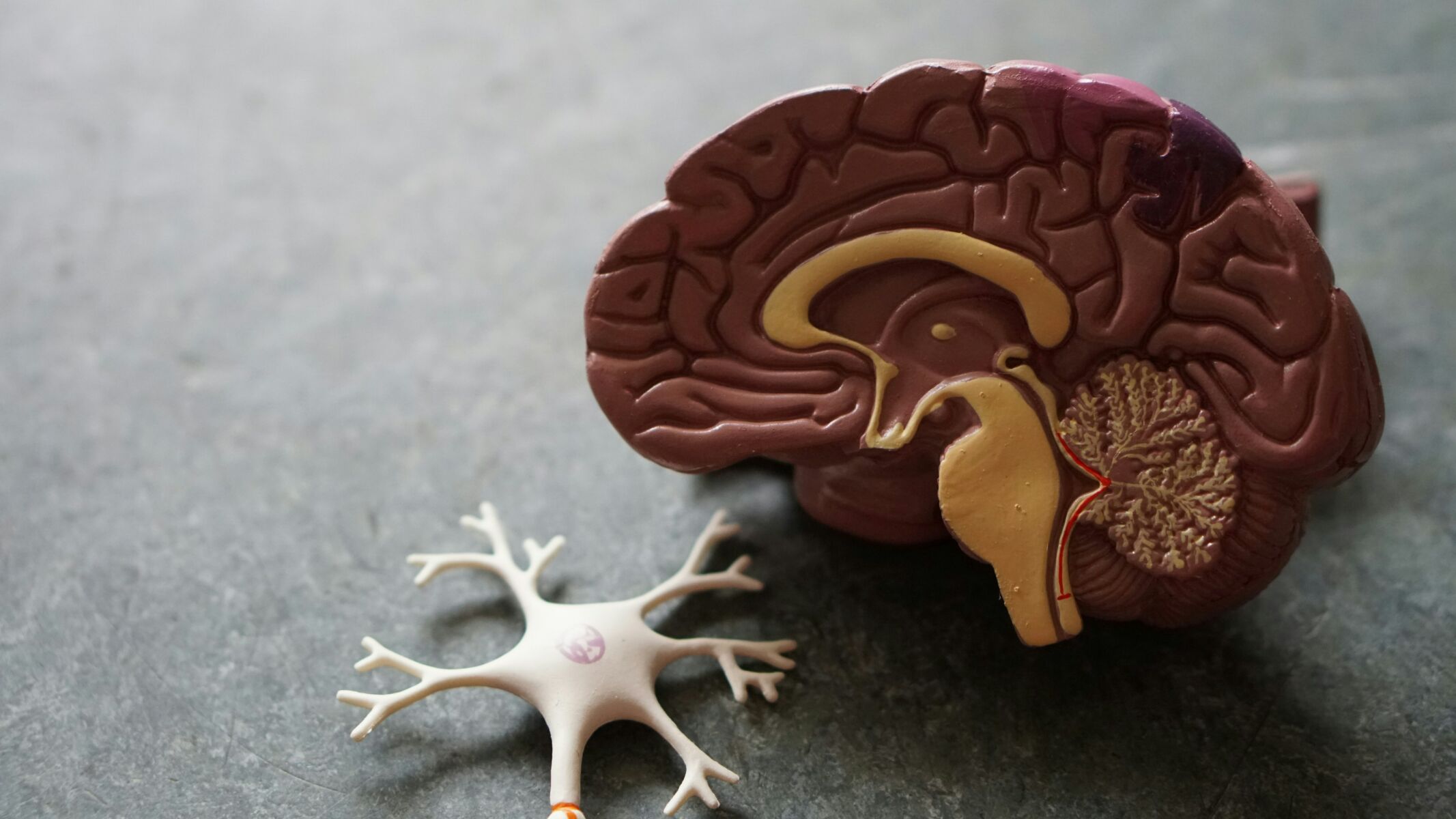Propionate supplements: A new hope for parkinson’s disease

A revolutionary discovery
In a groundbreaking study conducted by Professor Chaogu Zheng and his team from the School of Biological Sciences at The University of Hong Kong (HKU), researchers unveiled that propionate, a short-chain fatty acid (SCFA), significantly suppresses neurodegeneration in animal models of Parkinson’s disease (PD). This discovery offers new insights into the treatment of neurodegenerative diseases, highlighting the potential of dietary supplements to promote neuronal health through interorgan signalling between the intestine and the brain.
Traditional treatments for neurodegenerative diseases like Parkinson’s and Alzheimer’s have focused on targeting protein aggregates in the brain with limited success. Emerging evidence now suggests that metabolites derived from gut bacteria play a critical role in modulating neurodegeneration. This study indicates that propionate could be a promising candidate for metabolic rescue in PD.
Unveiling the mechanism
Parkinson’s disease is characterised by the abnormal accumulation and aggregation of alpha-synuclein (alpha-syn) proteins in dopaminergic neurons, leading to proteotoxic stress and neuronal death. Previous studies in mouse models of PD showed that gut microbiota contribute to motor deficits and neuroinflammation associated with alpha-syn pathology. However, the specific microbial factors that modulate host neurodegeneration remained largely unclear.

Professor Zheng’s team used a Caenorhabditis elegans (C. elegans) PD model to investigate the role of SCFAs. They identified 38 pro-neurodegenerative genes in E. coli, with some genes essential for the biosynthesis of vitamin B12, which induces the breakdown of propionate in the host. The researchers hypothesised that increasing propionate levels might suppress neurodegeneration.
Their study findings revealed that PD animals have lower levels of propionate than normal animals. By either inhibiting propionate breakdown through dietary vitamin B12 removal or directly supplementing propionate, the team was able to rescue alpha-syn-induced neuronal death and locomotion defects. Notably, the neuroprotective effect of propionate was mediated by interorgan signalling between neurons and the intestine. Alpha-syn aggregation in neurons triggered a mitochondrial unfolded protein response (mitoUPR) in the intestine, reducing propionate production. The low propionate abundance led to the downregulation of genes involved in fatty acid and amino acid metabolism, causing defects in energy production and exacerbating neurodegeneration through gut-brain communication.
Enhancing propionate production in the intestine or restoring the expression of key metabolic regulators downstream of propionate significantly rescued neurodegeneration. This suggests that the metabolic state of the intestine can modulate alpha-syn-induced neurodegeneration. Importantly, propionate supplementation suppressed neurodegeneration without reducing alpha-syn aggregation, demonstrating a metabolic rescue of neuronal proteotoxicity downstream of protein aggregates. This study highlights the critical role of small molecule metabolites in gut-brain interactions in neurodegenerative diseases.
Potential health implications
“This study is interesting because it connects experimental findings in animal models of PD with clinical observations,” said Professor Zheng.
Like the PD animals, PD patients also have reduced levels of SCFAs compared to healthy individuals due to the reduced abundance of commensal bacteria that produce SCFAs. Thus, the low amount of SCFAs in PD patients may indeed contribute to disease progression and severity. Supplementing propionate through the diet could help treat the disease and improve symptoms.

Since SCFAs are produced by anaerobic fermentation of dietary fibres in the gut, increasing the intake of fibre-rich foods (such as seeds, nuts, fruits, and vegetables) can enhance SCFA production by gut bacteria, potentially benefiting brain health. Propionate supplementation or dietary adjustments to boost SCFA levels could offer a novel approach to managing neurodegenerative diseases.
This research not only underscores the importance of the gut-brain axis in neurodegenerative diseases but also paves the way for new therapeutic strategies. By focusing on metabolic rescue through dietary interventions, there is potential for developing non-invasive and easily accessible treatments for Parkinson’s disease and possibly other neurodegenerative disorders.
The findings of Professor Zheng’s team represent a significant step forward in understanding and potentially treating Parkinson’s disease through dietary supplements and metabolic regulation. As further research continues, the hope is that these insights will lead to practical applications that improve the quality of life for those suffering from neurodegenerative diseases.
The findings were published in the leading peer-reviewed biology journal, Cell Reports.
Propionate Supplements will be available on MyMediTravel’s soon-to-be-opened and approved online supplements and drug store.
Latest Thailand News
Follow The Thaiger on Google News:


























